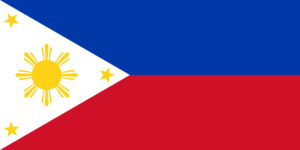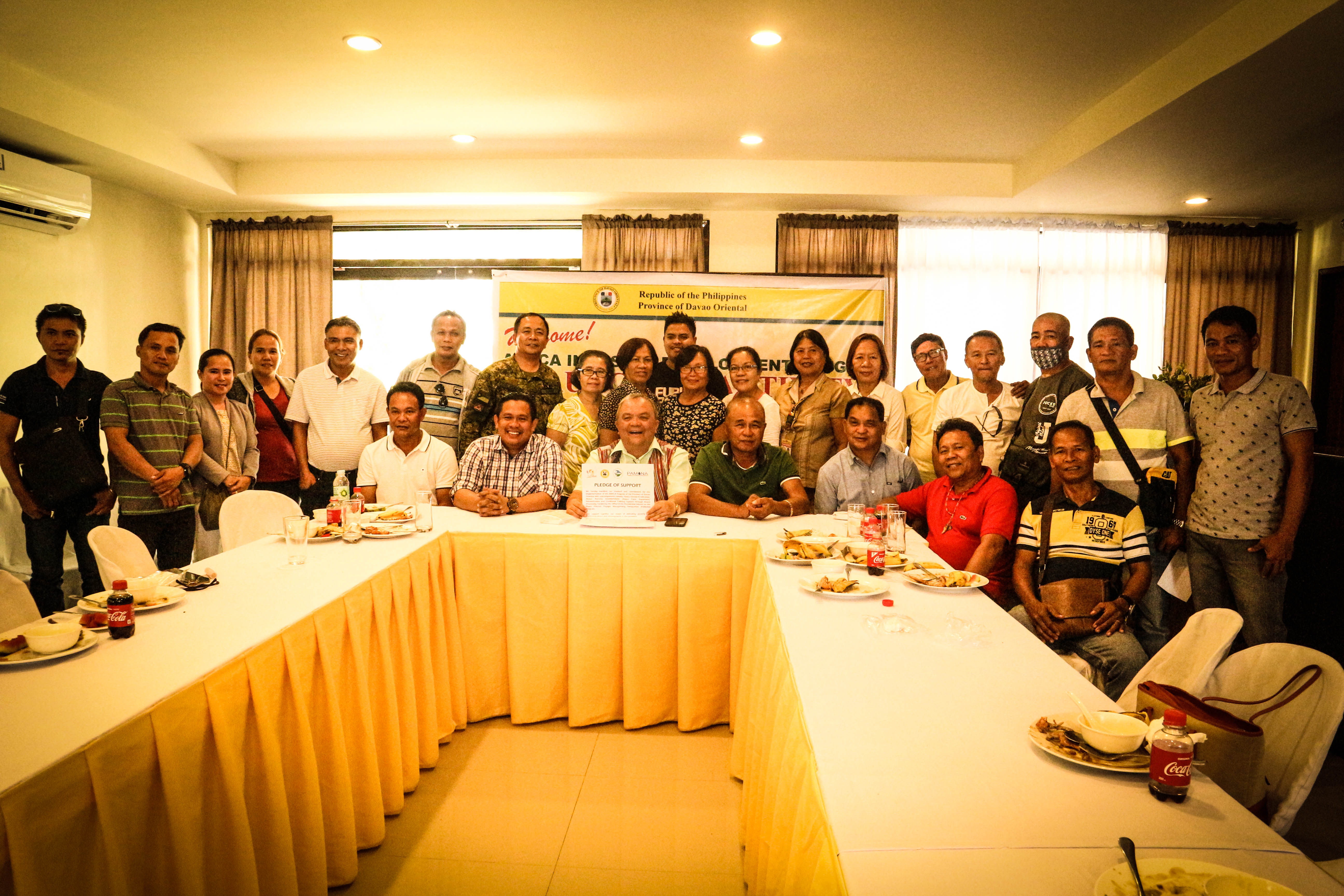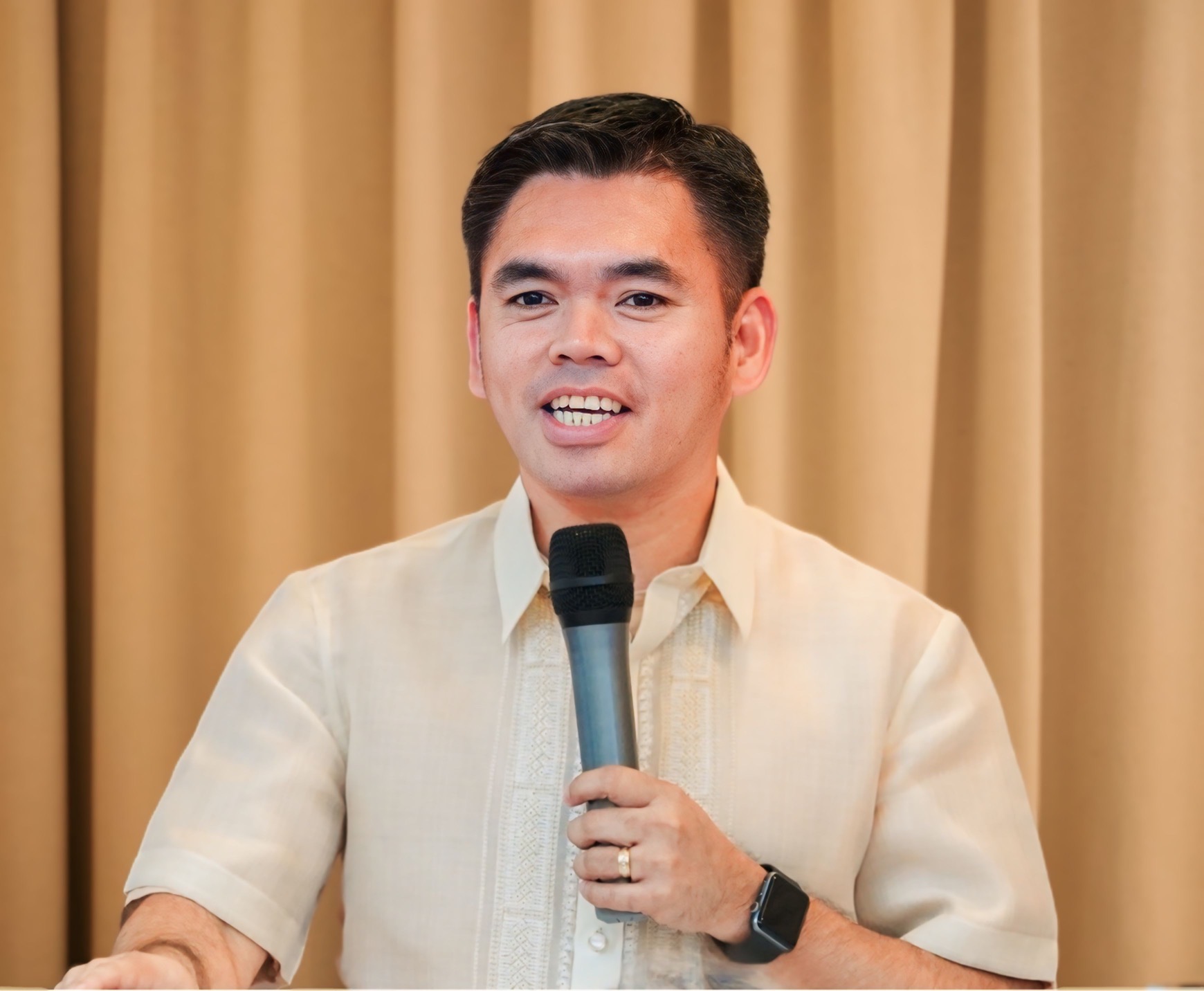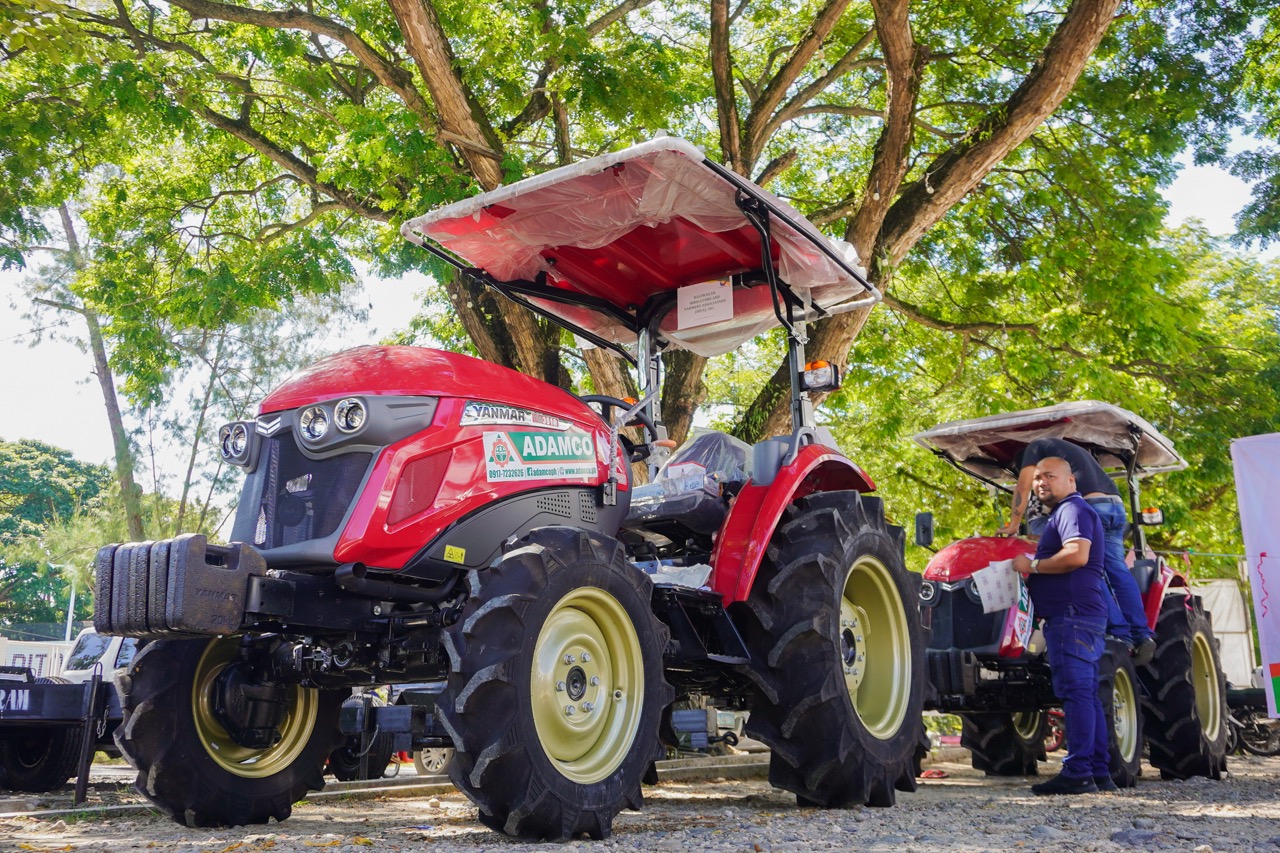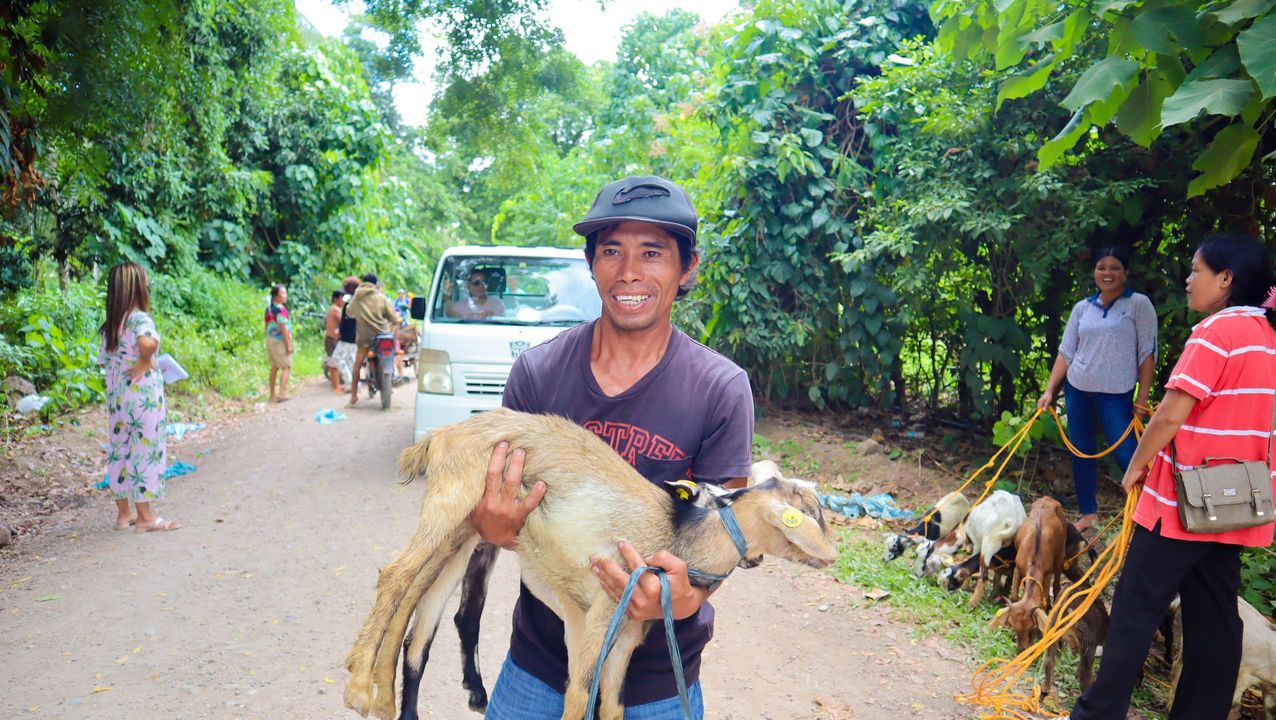DAVAO ORIENTAL— Davao Oriental’s abaca industry is being anticipated to get a big boost as the Provincial Government together with its partner agencies are initiating a roster of projects set to make the promising industry flourish.
Just recently, the Provincial Government launched the Abaca Industry Development Program with an identified list of projects amounting to a total of P 7 million. Out of this amount, P2 million will be allotted for the abaca-producing upland barangays of Taocanga in Manay town while P5 million will be for the upland barangays of Boston town.
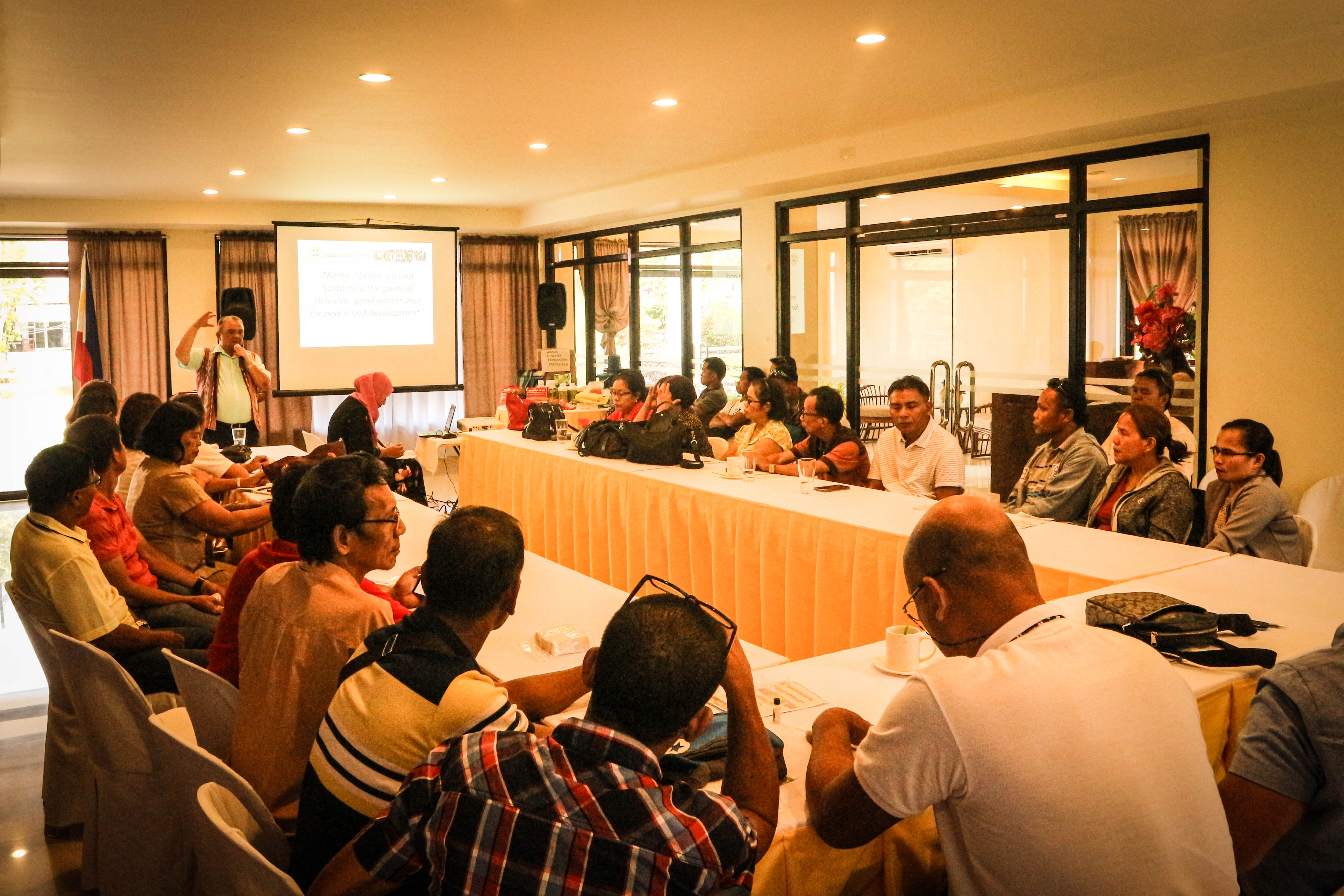
With funding sourced out from the Office of the Presidential Adviser on Peace Process (OPAPP) through its Payapa at Masaganang Pamayanan (Pamana) Program, the program hopes to build peaceful and developed communities through strengthened livelihood support.
PROJECT COMPONENTS
The province’s abaca program consists of four subcomponents which are abaca disease eradication program, nursery development, abaca farm expansion and rehabilitation, and livelihood training support particularly on abaca processing, explained Provincial Governor’s Office Chief of Staff Ednar Dayanghirang.
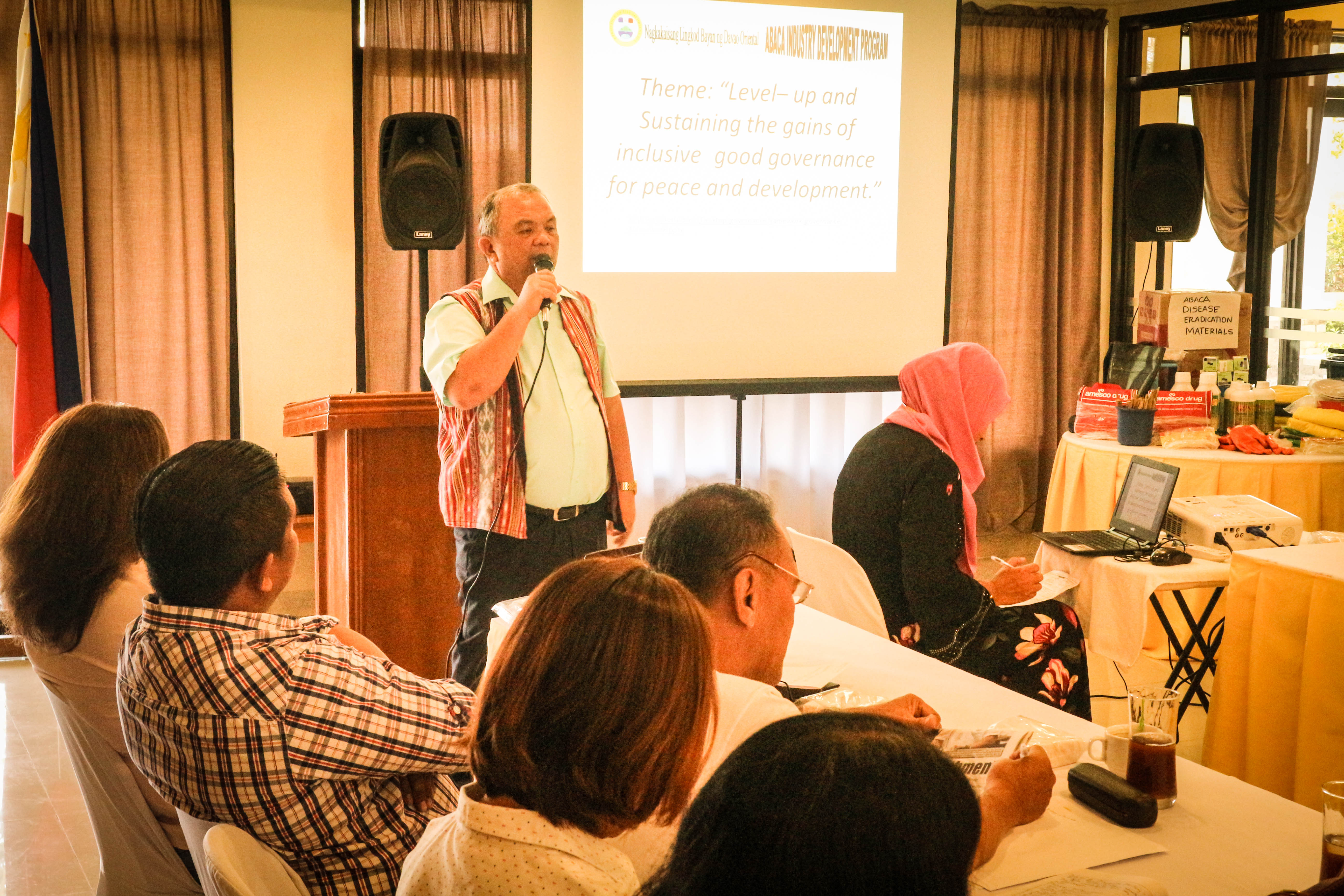
Set to start on August 1, the program, said Dayanghirang, will initially focus on abaca-disease eradication which is deemed the “most important” component of the program. He said the program’s success depends heavily on propagating healthy abaca seedlings. “All of our efforts for the program will be useless if we do not address first the eradication of the disease which is viral in nature and quickly spreads,” said Dayanghirang.
Another component of the program is the development of nurseries within or near the abaca farms here. Dayanghirang said that developing nurseries right here at the province, particularly on abaca-producing towns, would help the government save a lot of money since it would not have to buy seedlings from commercial suppliers. “We are not even sure of the quality of the supply of seedlings purchased outside the province,” he said, stressing the need of applying cost-efficient methods in the program. The Provincial Government also calls on the local government units’ support against “fake” varieties of abaca which would drastically harm the industry if not immediately addressed.
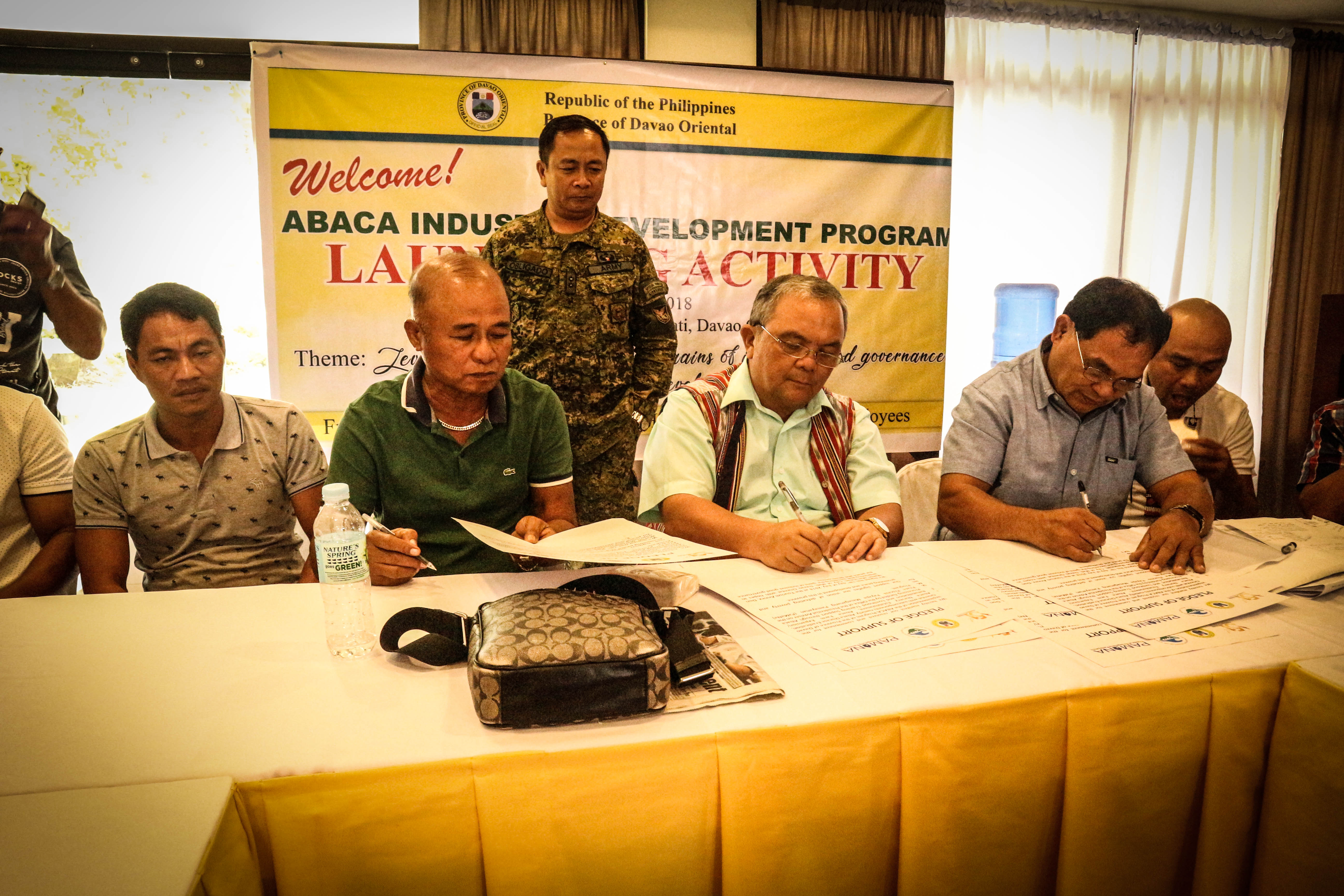
Boston town Mayor Rebecco Rosit together with Provincial Tribal Chieftain Eleuterio Manaytay has committed to pass an ordinance that will prohibit the planting of undesirable abaca varieties. They also committed the establishment of abaca nurseries in the municipality and support the province’s idea of creating a Municipal Abaca Industry Development Program in order to sustain the program.
Based on the study conducted by the office, up to P39.6 million of earnings can be generated annually within 330 hectares of abaca farms that are set for disease eradication. This estimate can go even higher with the expansion and rehabilitation component of the program. Dayanghirang predicts additional income of P14.4 million from the eyed 120 hectares expansion area.
Ensuring sustainability, the program also entails livelihood and training support on abaca processing. The Department of Trade and Industry has committed its support to even boost its programs like the value-adding abaca fiber processing.
THE ABACA INDUSTRY
Based on the latest data from the Philippine Fiber Industry Development Authority (FIDA) XI, Davao Oriental is the largest producer of abaca in Davao Region and ranks second in the whole country in terms of production. It produces an average of 7,352 metric tons of fiber per year which consists 10.11 percent in the country’s abaca production, said Head Regulatory Officer of FIDA XI Ramon Alantaje.
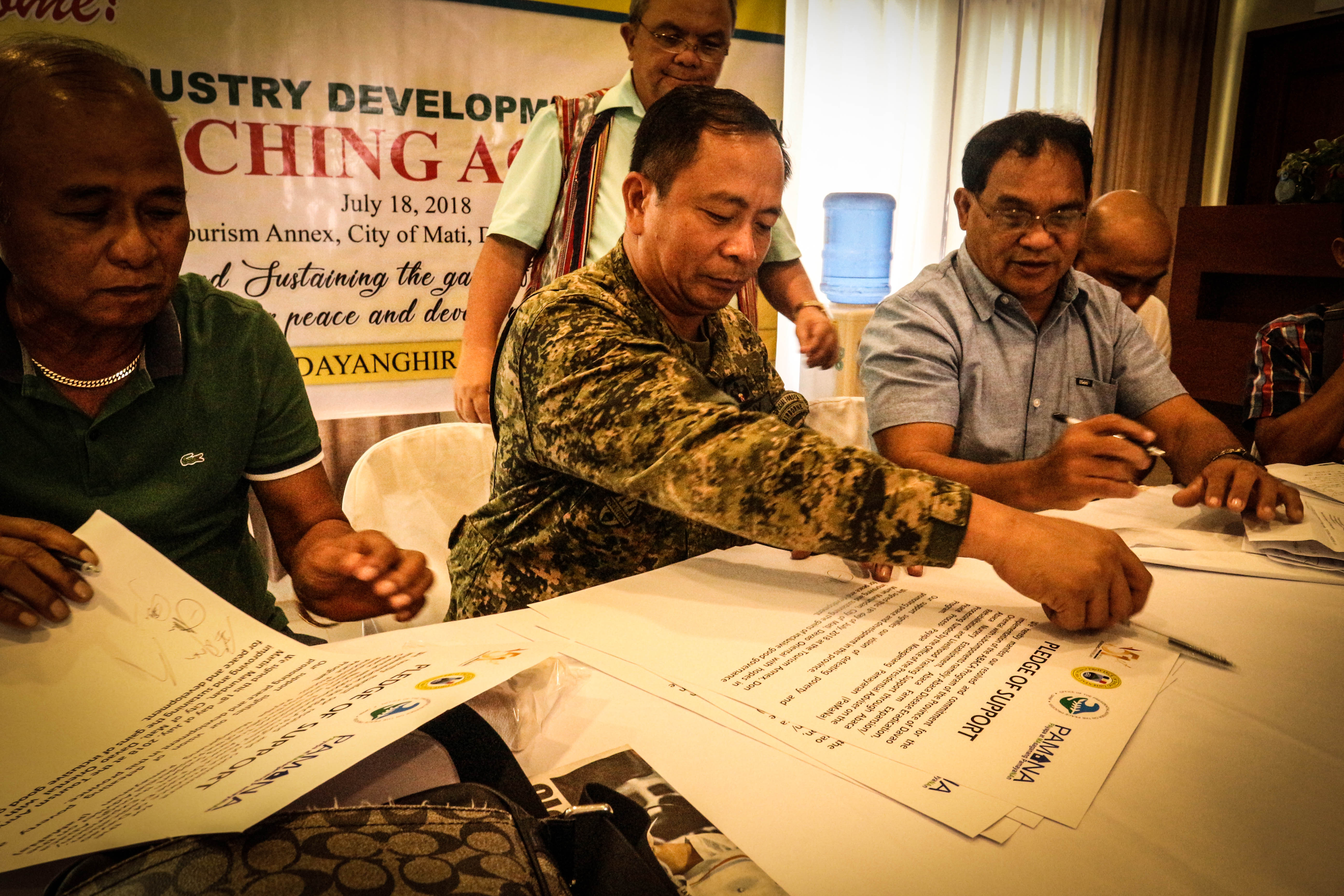
At present, 59 out of 183 barangays in the province are abaca producers wherein around 7,452 hectares are being planted to the crop.
Developing Davao Oriental’s abaca industry means a big impact to the lives of abaca farmers here as the industry serves more than 2,000 families and provides direct livelihood to at least 8,000 individuals including farmers and abaca strippers.
With this, the Provincial Government envisions to level-up the province’s abaca industry by producing high-quality abaca fiber and producing sufficient volume to cater to the huge demand for abaca in the world market.
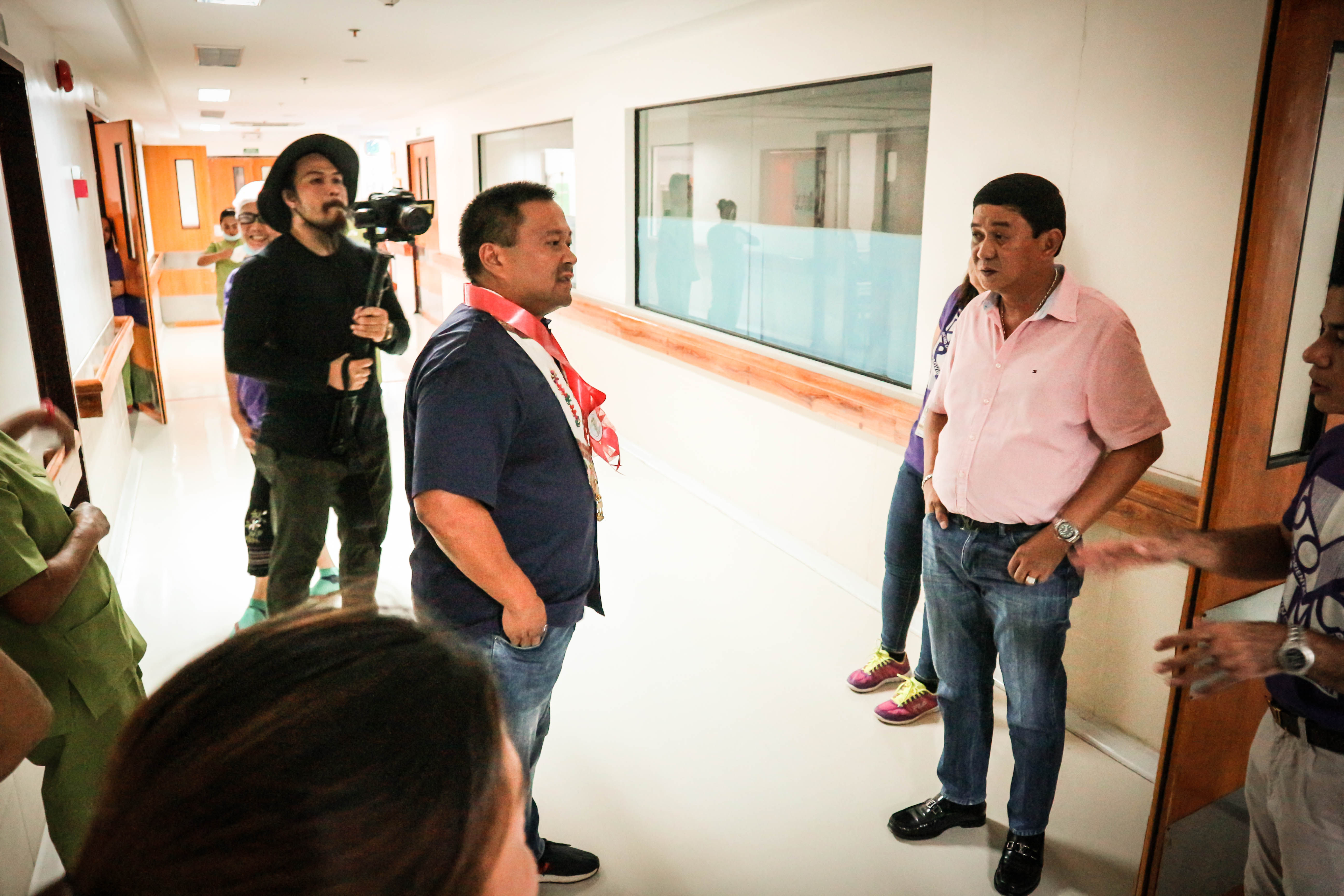
The program, which is also anchored on the Governance Framework of Governor Nelson Dayanghirang that aims to promote inclusive governance, hopes to provide livelihood and boost the income of the marginalized sectors, which include abaca farmers of the Mandaya Indigenous Peoples communities in upland villages here.
The program also hopes to sustain the gains of inclusive governance and to further push for peace and development.
Lt. Col. Jacob Thaddeus Obligado, Commander of the 67th Infantry Battalion of the Philippine Army, challenged the local officials to take seriously the efforts to level-up not only the abaca industry but also the efforts on peace and development. He said that while the Philippine Army has already drove away the NPA rebels for over a year now, local officials must also do their fair share in preserving that peace.
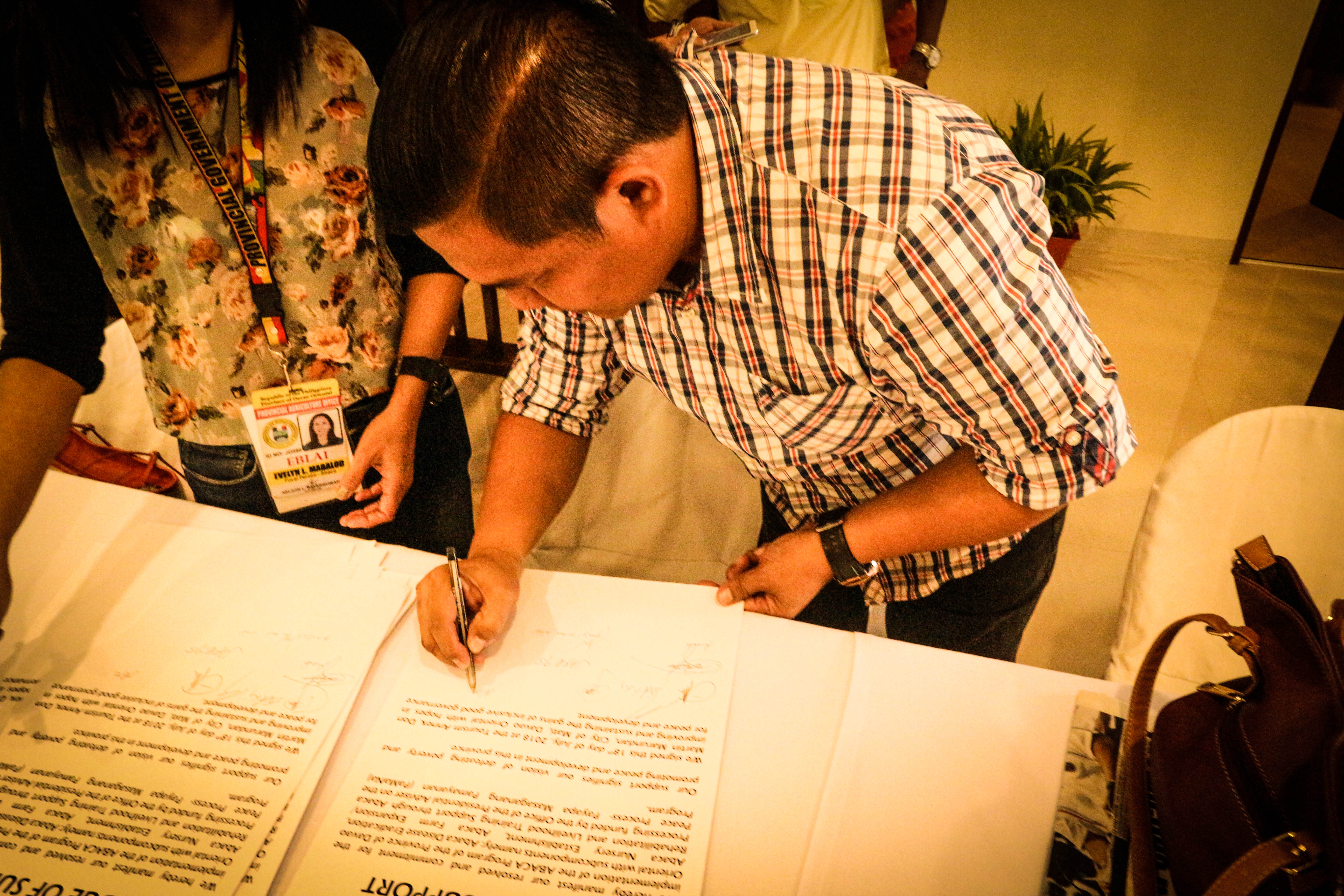
OPAPP Peace Program Officer Oliver Binancilan said he hopes that the program would help build conflict-resilient communities. Moreover, he divulged that there will be more projects that the OPAPP would fund for the province, particularly road projects in far-flung villages, educational support to students from Indigenous Peoples communities, and livelihood programs, among many others.
He said that with the government showing its genuine intention to help build peaceful and developed communities, there is no reason that people should be influenced by the insurgent ideology.
